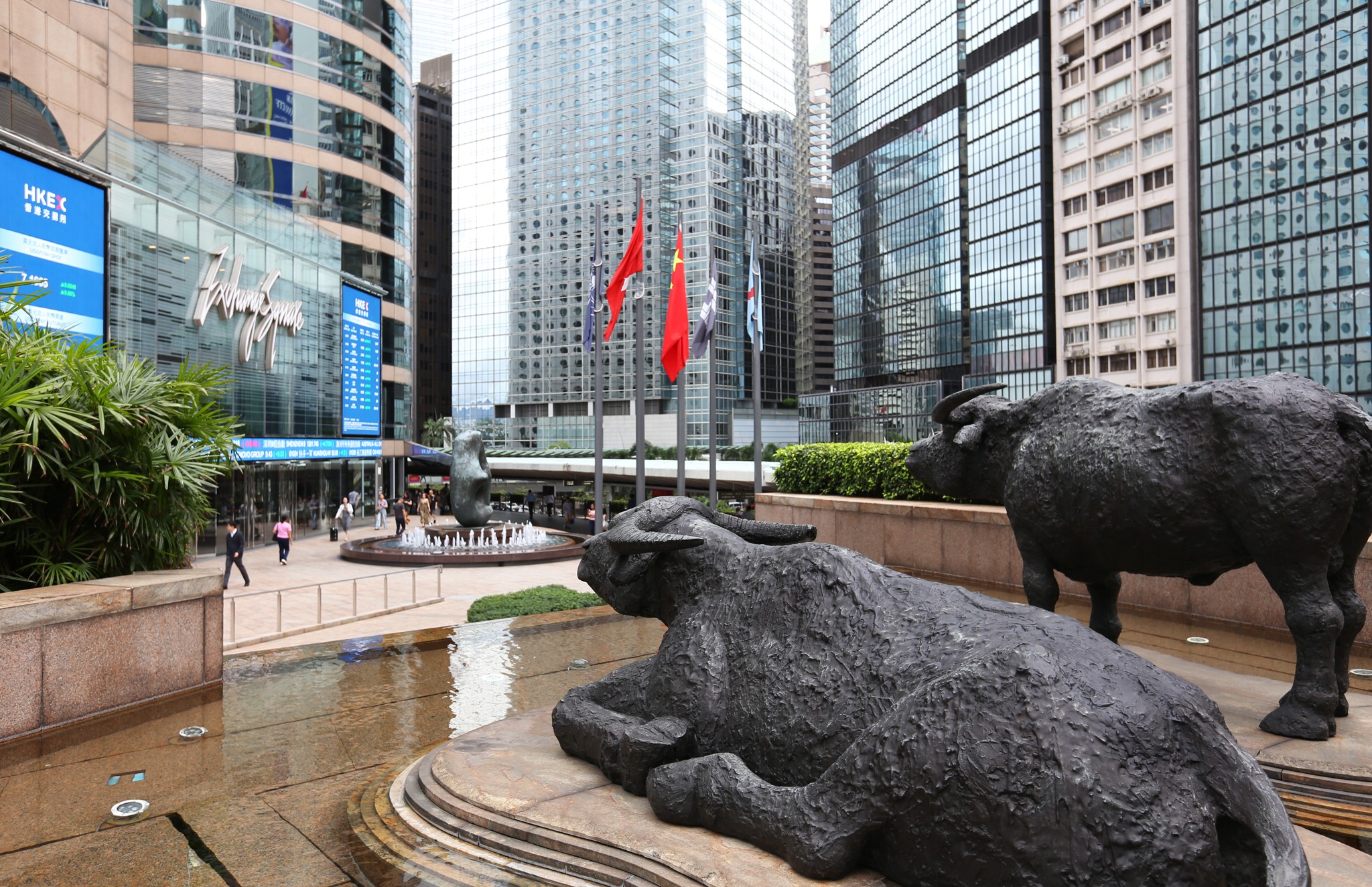
Hong Kong's having a banner year as it marches toward becoming the second-largest market globally for share sales for the first time since 2012.
Proceeds from listings and additional share sales in the Asian financial hub in the first half have reached about $33 billion, poised for a sixfold jump from a year ago, according to data compiled by Bloomberg. Offerings from electric carmakers BYD Co and Xiaomi Corp raised the most, followed by Contemporary Amperex Technology Co Ltd, which had the world’s biggest new listing this year.
Investors have brushed aside tariffs and geopolitical concerns as deals flooded in Hong Kong — including three of the four biggest stock offerings in the world in 2025. Equity strategists remain upbeat about local stocks after the Hang Seng became one of the world’s best-performing indexes this year.
And with the throng of companies lining up with billion-dollar offerings, it’s shaping up to be a good year for investment bankers in the city.
“We’re seeing a lot more comfort from global investors around the global and regional macro picture, which is leading them to reassess and increase their exposure to the region including to Hong Kong and (Chinese) mainland,” said Sunil Dhupelia, co-head of Asia Pacific ECM at JPMorgan Chase & Co. “Assuming that markets remain stable, it’s likely to be very busy in the second half of the year.”
Chinese companies that already have shares trading in Shenzhen or Shanghai have been flocking to Hong Kong for additional listings. Those A-H deals accounted for about three quarters of Hong Kong’s total proceeds of $13.4 billion from first-time share sales in 2025, according to data compiled by Bloomberg.
The biggest one was the $5.2 billion offering by battery-giant CATL, which forged ahead with its Hong Kong listing in May.
Hong Kong listing proceeds are poised to double to a four-year high of more than $22 billion, according to Bloomberg Intelligence. Big deals to look forward to later this year include those of electric carmaker Seres Group Co, heavy-machinery maker Sany Heavy Industry Co and pig breeder Muyuan Foods Co.
Hong Kong Exchanges & Clearing Ltd, which is celebrating its 25th anniversary, is so fired up about the surge in business that it’s parading the iconic gong used to introduce new listings in an unprecedented two-week public tour via a “gongmobile”.
ALSO READ: HK's equity capital markets bounce back in H1 amid flurry of deals

Hong Kong is leading share sales overall in all of Asia Pacific, where first-half proceeds have climbed almost 30 percent to about $100 billion in 2025, according to data compiled by Bloomberg.
In India, which led the region in share sales last year, total proceeds stand at about $20 billion, on track for a drop of more than 20 percent in the first half, after a stock-market rout led to a slow start.
Elsewhere, the $4 billion chunk of Japan Post Bank Co sold by its parent and JX Advanced Metals Corp’s IPO helped share sale proceeds in Japan rise to $13.7 billion, on course for a 30 percent increase, though the pace of deals slowed during the second quarter, according to data compiled by Bloomberg.
In South Korea, the recent presidential election ended of months of leadership vacuum, revitalizing the Kospi and making it one of the region’s best-performing indexes. That’s encouraging more companies to pursue listings, such as “Baby Shark”-creator Pinkfong Co, the company behind the most watched YouTube video of all time.
While geopolitical tensions are bound to continue to complicate decisions for corporate issuers and investors for months to come, Asia is on track to cap a great year of deals.
“We don’t expect issuance activity to be slowing,” said Rob Chan, head of Asia ECM syndicate at Citigroup Inc. “In fact, despite all the uncertainties driven by tariffs and geopolitical tensions in recent months, issuance activity has been very strong.”
“Enough water has gone under the bridge around the tariffs, and the market has taken that in its stride,” said JPMorgan’s Dhupelia. “Looking at the rest of the year, the ongoing complex global geopolitical situation is the clear risk that could change the direction of markets.”


